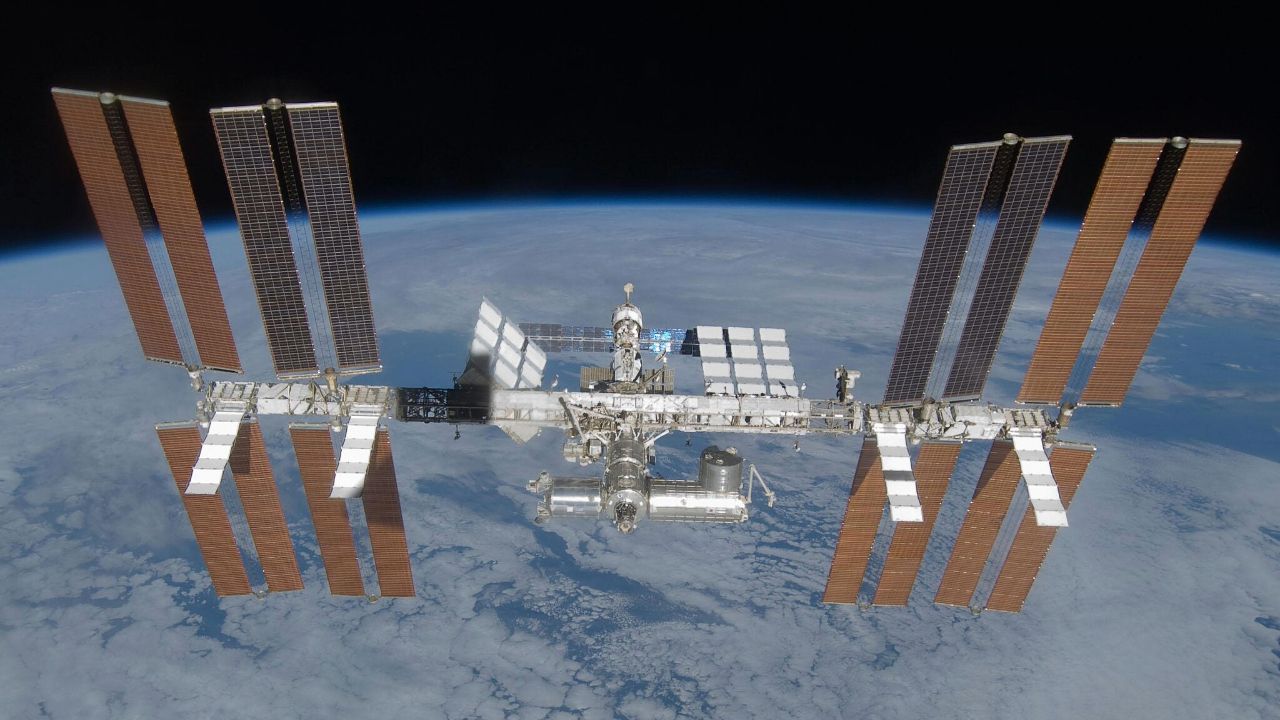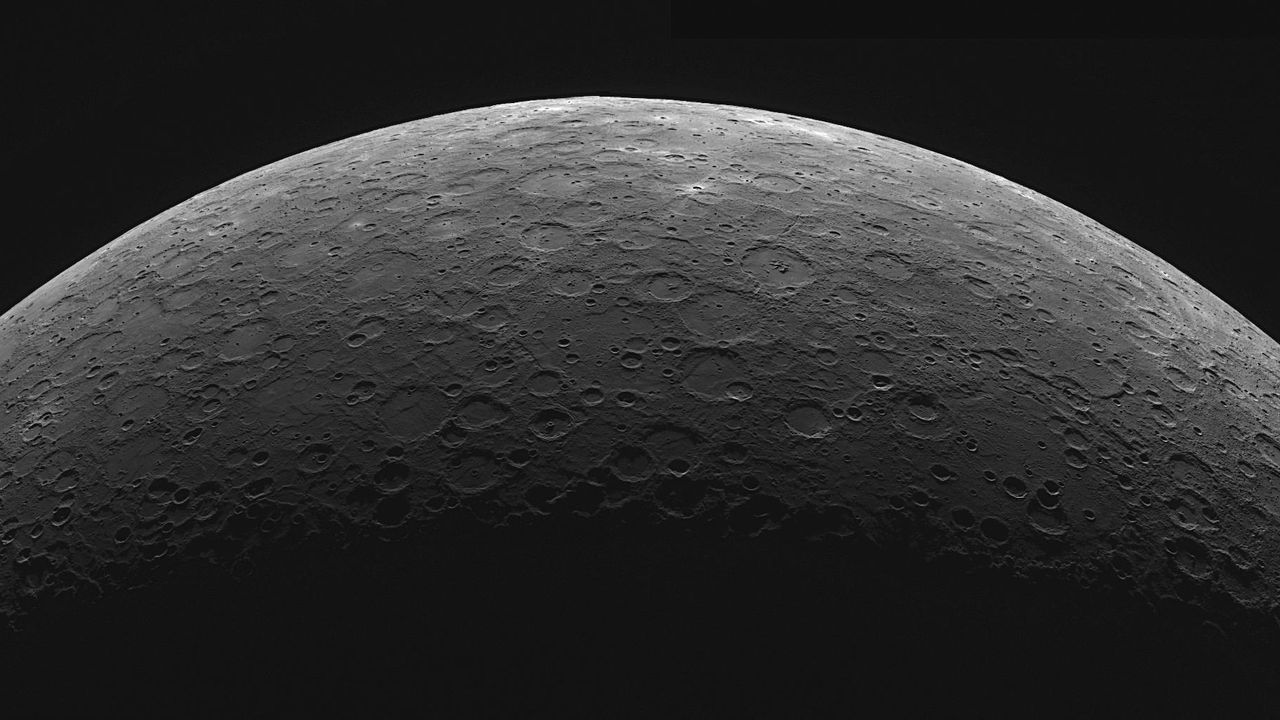Now Reading: Water Recycling on the ISS: How Space Stations Sustain Long-Term Missions
-
01
Water Recycling on the ISS: How Space Stations Sustain Long-Term Missions
Water Recycling on the ISS: How Space Stations Sustain Long-Term Missions

Quick Summary
- NASA recovers over 90% of the water used on the International Space Station (ISS),utilizing advanced closed-loop water recycling systems to support astronaut hydration,hygiene,and food preparation.
- ISS’s water recovery includes recycling urine, cabin air moisture, and hygiene-related wastewater. The final potable water often exceeds many Earth-based drinking standards.
- Key components:
– Urine Processor Assembly: recovers 75% of urine water; brine processor refines additional moisture from residuals.
– Air Revitalization System: Condenses sweat and exhaled vapor into usable liquid.
– Water Processor Assembly: Purifies recovered filtrates through particle filters, catalytic oxidation, and microbial prevention using iodine treatment.
- Current systems achieve a milestone recovery rate of up to 98%, critical for future long-duration missions like Mars expeditions which demand self-sustaining life-support mechanisms.
Image Credits:
!International Space Station
!Wastewater Filtration Examples
Watch on YouTube: Recycling Water on Space Station
Indian opinion Analysis
India’s space ambitions rely increasingly on sustainable technologies as it scales lunar exploration (e.g., Chandrayaan missions) and aims toward potential interplanetary missions in collaboration with ISRO or global agencies like NASA. The ISS’s closed-loop system demonstrates innovations in resource management under extreme conditions-a crucial learning chance for countries expanding their presence in space-focused research.
Adopting resilient solutions such as advanced wastewater recovery may also inspire broad practical applications back home. India faces freshwater scarcity challenges; leveraging compact filtration techniques could benefit rural areas facing limited infrastructure development or urban centers dealing with high population demands. As this technology evolves into longer-term Martian or lunar bases,cooperative efforts might accelerate India’s position within global partnerships tuned toward multi-year journeys that redefine humanity’s future capabilities across planets.
India must therefore recognize these breakthroughs not just from an innovation standpoint but also for their transformative ecological relevance-a blending of human survival needs both above Earth‘s atmosphere and beneath its surface.
























